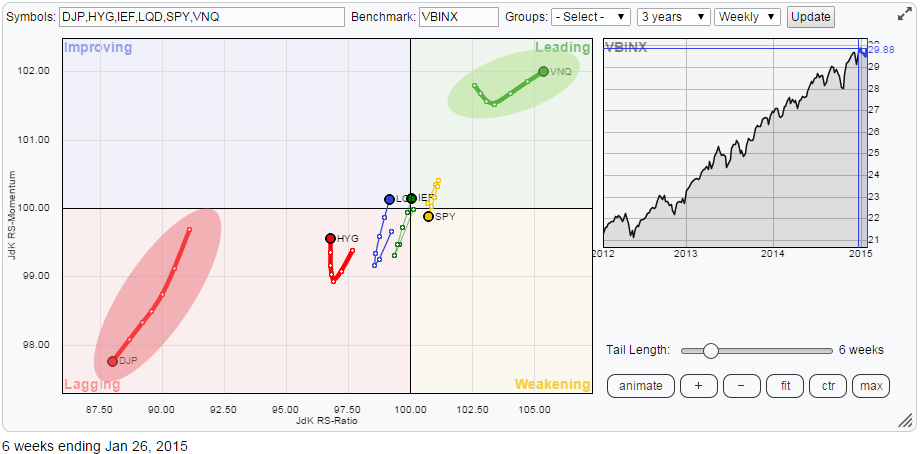You can use ETFs to short commodities but it’s difficult
Post on: 12 Август, 2015 No Comment

DaveFry
Commodity prices have been in a waterfall decline for most of this year, with the largest declines experienced in the fourth quarter.
This is due to many factors, including anemic global economic growth which limits demand and a stronger U.S. dollar DXY, +0.45% Commodities typically respond inversely to dollar movements since commodities are priced in dollars. Generally a weak dollar means stronger commodity prices, and a strong dollar the opposite.
Beyond avoiding the sector, how can investors benefit from these serious price declines? By shorting commodity indexes.
Commodities are meant to be traded given their unique characteristics, including contract rollover, weather, and other oddities such as contract contango and backwardation. Experienced commodity traders understand being short is as important as being long.
Retail investors and financial advisers, meanwhile, can find ETFs that can be shorted or are designed to short.
PowerShares DB Commodity Tracking ETF DBC, -0.46% was the first ETF to track general commodity prices and dwarfs the competition with nearly $4.5 billion in assets and good trading liquidity with average daily trading volume near two million shares.
One feature of this ETF is that around 54% of the index being tracked is weighted by energy broken up into WTI Crude Oil, Brent Crude, Gasoline and Heating Oil. Its important that potential investors understand this weighting vs. other ETFs available to them.
For example, UBS ETRACS Bloomberg Commodity Total Return ETN DJCI, -0.39% recently had a weighting of about 31% in energy. Its asset level is less than $100 million, with daily trading volume of about 54,000 shares.
Contrasting the two leaves us with DBC down 22% this year so far, reflecting the heavy weighting in energy, while rival DJCI is off 12%.
That said, most investors would find it difficult to sel -short. If brokers don’t have DBC stock in inventory, for instance, they’re most likely not going to go out of their way to find shares for you to short. Stock lending departments for most firms find it an unprofitable and time-consuming business, so why bother? After all most investors’ bias is to be long just about everything.
DB PowerShares does have a leveraged inverse ETF — PowerShares DB Commodity Double Short ETN DEE, +3.17% . But here’s the problem: the sponsors have decided not to issue new shares, making the ETN more like a closed-end fund, and it hasn’t tracked the index well.
Moreover, DEE now doesn’t trade much at all, with daily volume at less than 100 shares. So this is not a viable choice.
ProShares Ultra Short Bloomberg Commodity ETF CMD, +0.54% is available and is meant to track inversely the index linked to DJCI.
But here’s the catch: CMD has a low level of assets under management, at only $4.5 million, and only trades a three-month average of 480 shares per day. This is off-putting to traders.
Accordingly, some investors may find it more profitable to short individual commodities. For that, there are many ETFs — especially to short gold, silver, crude oil, and so forth. With energy being the primary weighting in DBC, for example, shorting crude oil with existing leveraged short issues makes sense for investors willing to hedge or speculate.














